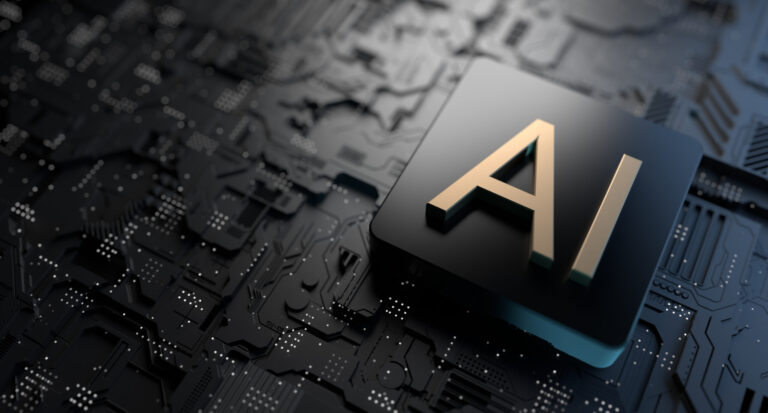Introduction:
The rapid advancement of technology, particularly artificial intelligence (AI), is shaping the future of work. AI has already begun to automate various tasks and industries, and its influence will only continue to grow. As a result, there is a growing need for individuals to upskill and adapt to the AI revolution.
Upskilling refers to the process of learning new skills or improving existing ones to match the changing demands of the job market. With AI becoming increasingly prevalent in various fields, there are several reasons why upskilling is crucial for individuals in the workforce.
Firstly, upskilling allows individuals to stay relevant in their careers. As AI technology evolves, many jobs that currently exist may become automated. This can lead to job displacement and redundancy if workers do not possess the skills necessary to adapt to the changing landscape. By upskilling, individuals can position themselves as valuable assets within their organizations and increase their employability in an AI-driven world.
Secondly, upskilling can help individuals take advantage of new opportunities created by AI. While AI may eliminate certain jobs, it also creates new possibilities and roles. For example, AI can enhance productivity and efficiency in sectors such as healthcare, finance, and manufacturing. However, these advancements require individuals with the knowledge and skills to operate, manage, and improve AI systems. By upskilling, individuals can position themselves for these emerging opportunities and potentially secure higher-paying roles.
Furthermore, upskilling allows individuals to work alongside AI technology rather than being replaced by it. AI is designed to augment human capabilities rather than replace humans entirely. By upskilling, individuals can gain the skills necessary to work with AI technology and leverage its benefits. For example, individuals can learn to use AI-powered tools for data analysis, automation, and decision-making, thus increasing their productivity and effectiveness in their current roles.
So, how can individuals upskill for the AI revolution? One approach is to focus on acquiring technical skills related to AI, such as programming, data analysis, and machine learning. These skills are in high demand and can open doors to a wide range of career opportunities. There are numerous online courses, certifications, and boot camps available that can help individuals gain these technical skills.
Additionally, individuals should also develop soft skills that are in demand in an AI-driven world. Skills such as critical thinking, problem-solving, communication, and adaptability are important for working alongside AI systems and understanding their limitations. Developing these skills can make individuals more valuable in their roles by providing a unique perspective and a human touch that AI cannot replicate.

